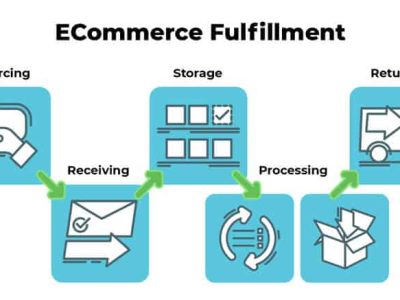Scrap metal collection presents an excellent opportunity for individuals to earn money while contributing to environmental sustainability. Whether you’re looking to make a side income or embark on a full-time venture, knowing where to find scrap metal is crucial. In this comprehensive guide, we’ll explore various sources of scrap metal and provide valuable insights into maximizing profits while maintaining environmental responsibility.
Introduction to Scrap Metal Collection
Scrap metal collection involves gathering discarded metal items, such as appliances, automotive parts, and construction materials, for recycling or resale. This practice not only helps reduce waste but also conserves natural resources by reusing existing materials. Additionally, individuals and businesses can benefit from the economic opportunities presented by scrap metal for sale.
Benefits of Collecting Scrap Metal
Collecting scrap metal offers several advantages, both environmentally and economically. By diverting metal waste from landfills, individuals contribute to reducing pollution and conserving energy required for virgin metal production. Moreover, selling scrap metal can generate a significant source of income, especially with the increasing demand for recycled materials.
Types of Scrap Metal
Scrap metal can be broadly categorized into two types: ferrous and non-ferrous. Ferrous metals contain iron and are magnetic, whereas non-ferrous metals do not contain iron and are typically more valuable.
Where to Find Scrap Metal
- Residential Areas: Start by exploring your own neighborhood for discarded appliances, furniture, and other metal items.
- Industrial Areas: Factories, warehouses, and manufacturing facilities often have surplus metal materials available for collection.
- Construction Sites: Construction sites are abundant sources of scrap metal, including leftover materials and demolition debris.
- Demolition Sites: Buildings undergoing demolition yield large quantities of scrap metal, ranging from structural steel to plumbing fixtures.
- Scrap Yards: Scrap yards purchase and process scrap metal, serving as convenient hubs for selling collected materials.
Safety Measures
Prioritize safety when collecting scrap metal by wearing appropriate protective gear, such as gloves and safety goggles. Additionally, be vigilant in identifying potentially hazardous materials, such as asbestos or lead-based paints, and handle them with care.
Tools Needed for Scrap Metal Collection
Essential tools for scrap metal collection include a magnet for distinguishing ferrous from non-ferrous metals, sturdy gloves for handling sharp objects, safety goggles for eye protection, and containers for organizing and transporting materials.
How to Sort and Prepare Scrap Metal
Effectively sort collected scrap metal by separating different types of metals and removing any non-metallic attachments. Clean and prepare materials for sale by removing contaminants and maximizing their market value.
Best Practices for Maximizing Profits
Establishing relationships with local businesses, regularly scouting for new sources of scrap metal, and optimizing transportation and storage processes are key strategies for maximizing profits in scrap metal collection.
Legal Considerations
Before engaging in scrap metal collection, familiarize yourself with local regulations governing the collection, transportation, and sale of scrap metal. Obtain any necessary permits or licenses to ensure compliance with legal requirements.
Environmental Responsibility
Practice environmental responsibility by prioritizing recycling over landfill disposal and minimizing the environmental impact of scrap metal collection activities.
Challenges Faced in Scrap Metal Collection
Despite its lucrative potential, scrap metal collection is not without its challenges. Competition from other collectors, the risk of theft and vandalism, and market fluctuations are common obstacles to navigate in this industry.
Tips for Beginners
Beginners in scrap metal collection are advised to start small, learn from experienced collectors, and stay informed about market trends and industry developments to increase their chances of success.
Success Stories in Scrap Metal Collection
Throughout communities worldwide, individuals and organizations have successfully leveraged scrap metal collection initiatives to generate income, promote environmental sustainability, and contribute positively to their local economies.
Conclusion
Scrap metal collection offers a rewarding opportunity for individuals to earn money while making a positive impact on the environment. By knowing where to find scrap metal, adopting safety measures, and implementing best practices, collectors can maximize profits while upholding environmental responsibility.













Comments